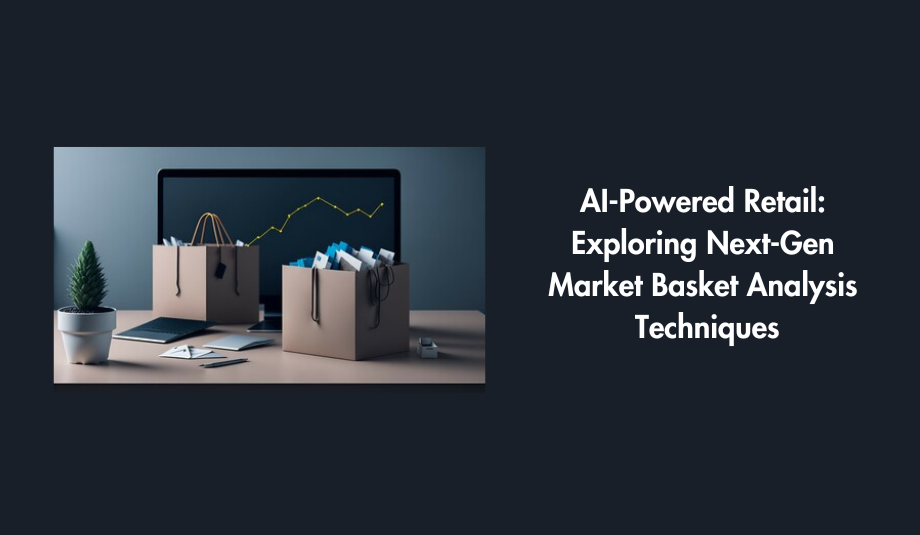Retail Analytics Market to Hit USD 90 Billion By 2032

According to a recent study report, the size of the retail analytics market is predicted to reach USD 90 billion by 2032. It is predicted that the growing use of smartphones in emerging markets will significantly increase the size of the market for retail analytics. Because of increasing customer demand for online shopping, electronic commerce and online retail have increased during the past few years. Online shopping is estimated to account for 70% of all mobile transactions in the Asia-Pacific region. The impact of the COVID-19 pandemic has led to the rapid rise of digital commerce and the use of digital payment methods.
The industrial outlook will improve as a result of digitization and rising demand for technologies like big data analytics and artificial intelligence. A business model is transformed through the process of digitalization, which uses digital technologies to open up new opportunities for value creation and revenue generation. Digital transformation allows businesses the opportunity to interact with modern customers and meet their expectations for a positive customer experience, irrespective of the channel or location. Find out more about retail analytics and how it has an impact on the future by reading this article.
How Retail Data Analytics is Changing the Future
Retail data analytics is playing an increasingly important role in shaping retail businesses. With the rise of big data and the availability of powerful analytics tools, retailers can now use data to gain insights into consumer behaviour, optimize store operations, and improve overall performance.
Here are some ways in which retail data analytics are shaping the business:
- Understanding customer behavior: Retailers can use data analytics to analyze customer behavior, such as what products they buy, when they buy them, and how much they spend. This helps retailers understand their customers better and tailor their marketing strategies to target specific customer segments.
- Improving inventory management: By analyzing sales data, retailers can optimize their inventory management to ensure they have the right products in stock at the right time. This helps to reduce costs associated with overstocking or understocking while ensuring that customers are satisfied with the products they want to buy.
- Enhancing store layout and design: Retailers can use data analytics to analyze store traffic and customer behavior in stores. This information can be used to optimize store layout and design to improve customer experiences and increase sales.
- Personalizing the customer experience: By analyzing customer data, retailers can personalize the shopping experience for each customer. For example, by offering personalized product recommendations or discounts based on their purchase history or preferences.
- Increasing operational efficiency: Data analytics can help retailers identify inefficiencies in their operations, such as long checkout lines or slow inventory turnover. This information can be used to optimize operations and increase efficiency, leading to cost savings and improved customer satisfaction.
As the retail industry continues to evolve, data analytics will become an increasingly important tool for retailers to stay competitive and meet the changing needs of their customers.
The Future of Data Analytics in Retail
The retail sector continues to evolve, and data analytics will have a major impact on how retail will develop in the future. In the future, many of the technical innovations are expected to play an important role. Modern technologies like real-time data analysis, artificial intelligence (AI), and machine learning are expected to become more significant. These may help retailers increase sales, streamline their marketing plans, and give customers a seamless experience. These solutions are predicted to be utilized more frequently by retail companies.
Retailers should make substantial data security investments to safeguard their consumers' personal information. The volume of data that retailers collect is increasing dramatically. Retailers who use data analytics can gain insights from this data to enhance consumer interaction and boost sales. Data security will become progressively more important as retailers create more data. It will be even more important for retailers to stay ahead of the curve and use the power of data to promote business development and profitability as data analytics keeps evolving.
Collaborating with a reputable company will make your life easier
Managing and analyzing your data shouldn't keep you up at night. You can avoid frustration by working with an organization that specializes in your particular industry.
Contact us and arrange a free demo to explore how we can benefit your company instead of worrying about retail analytics.




